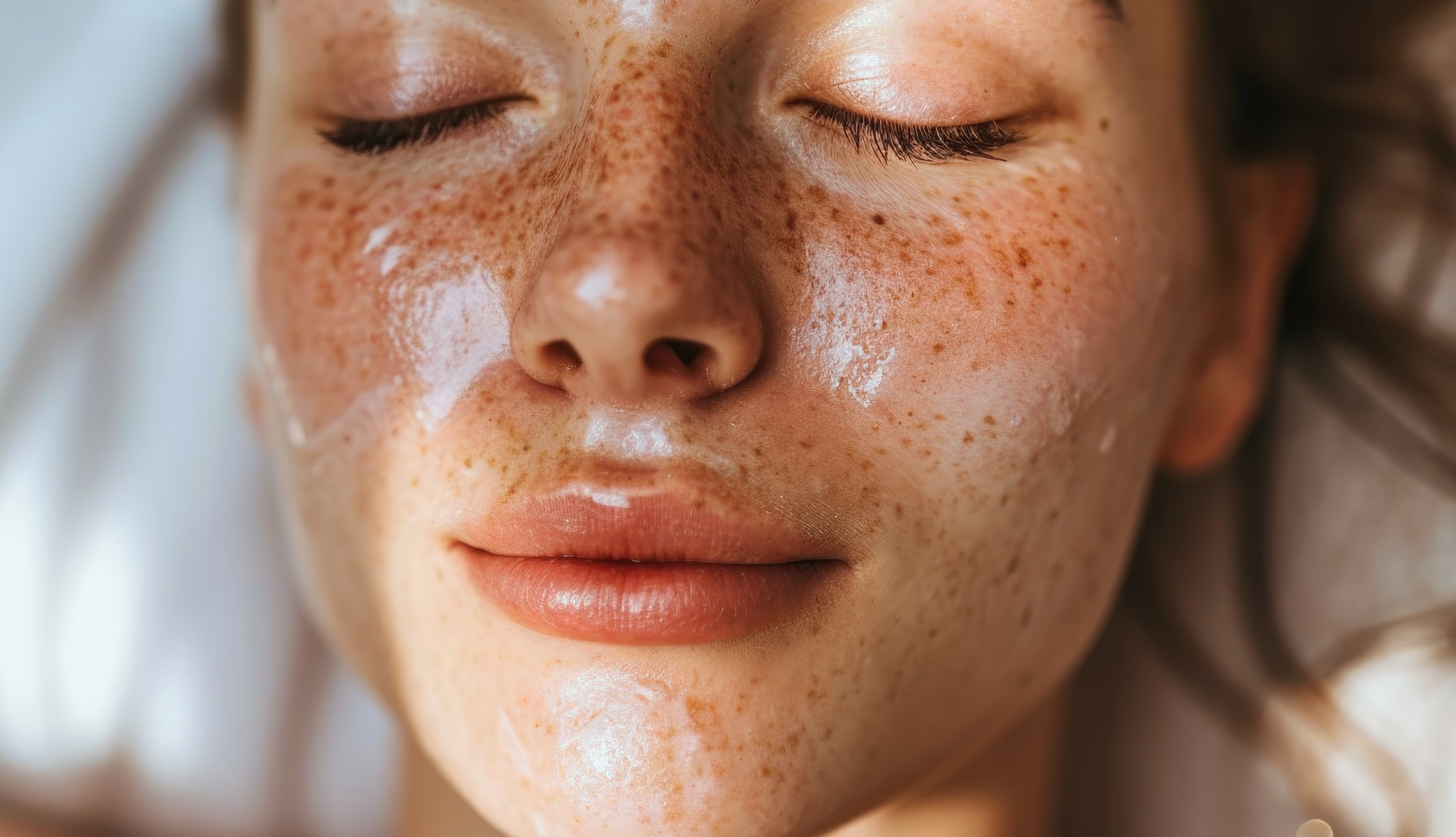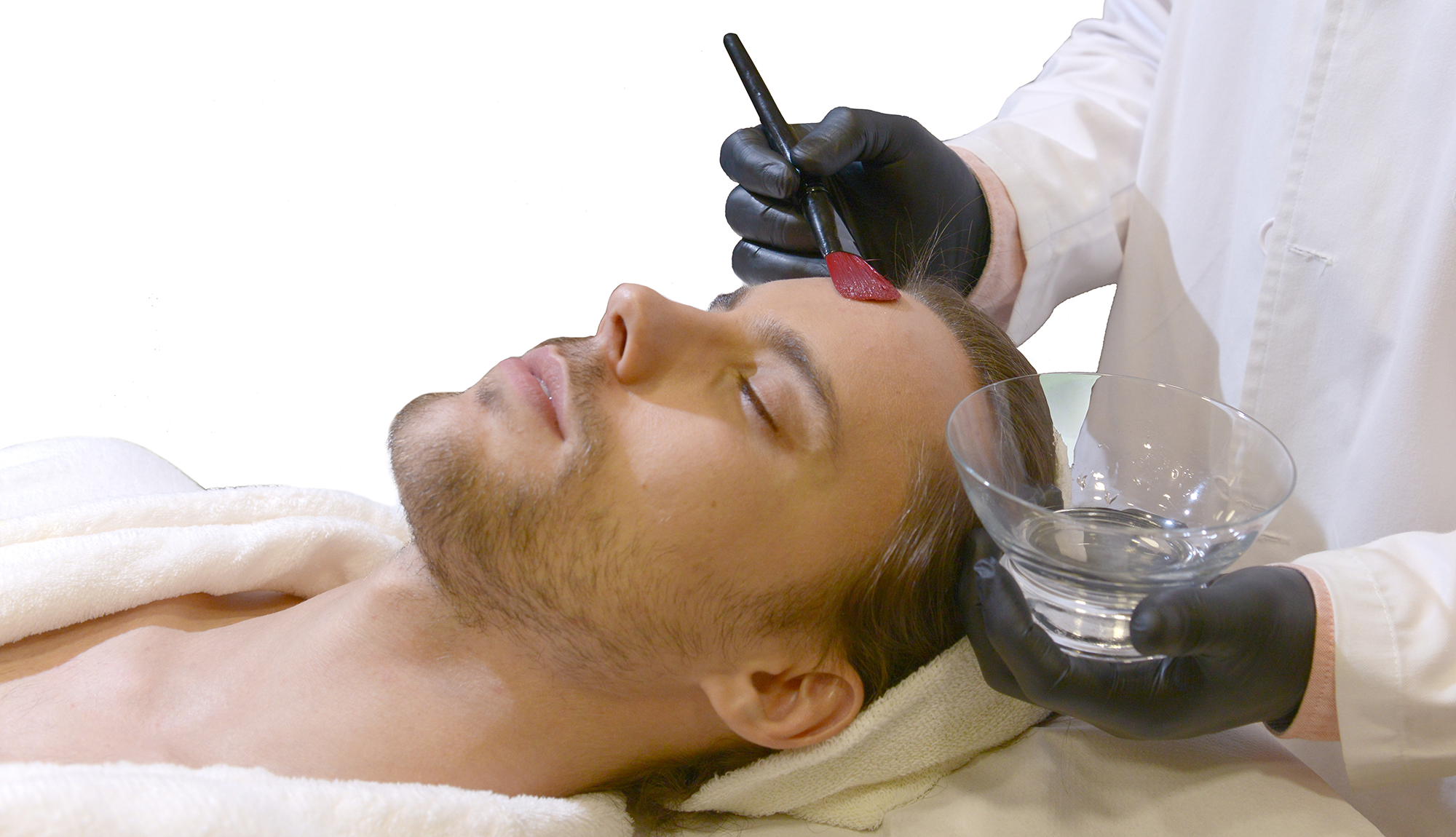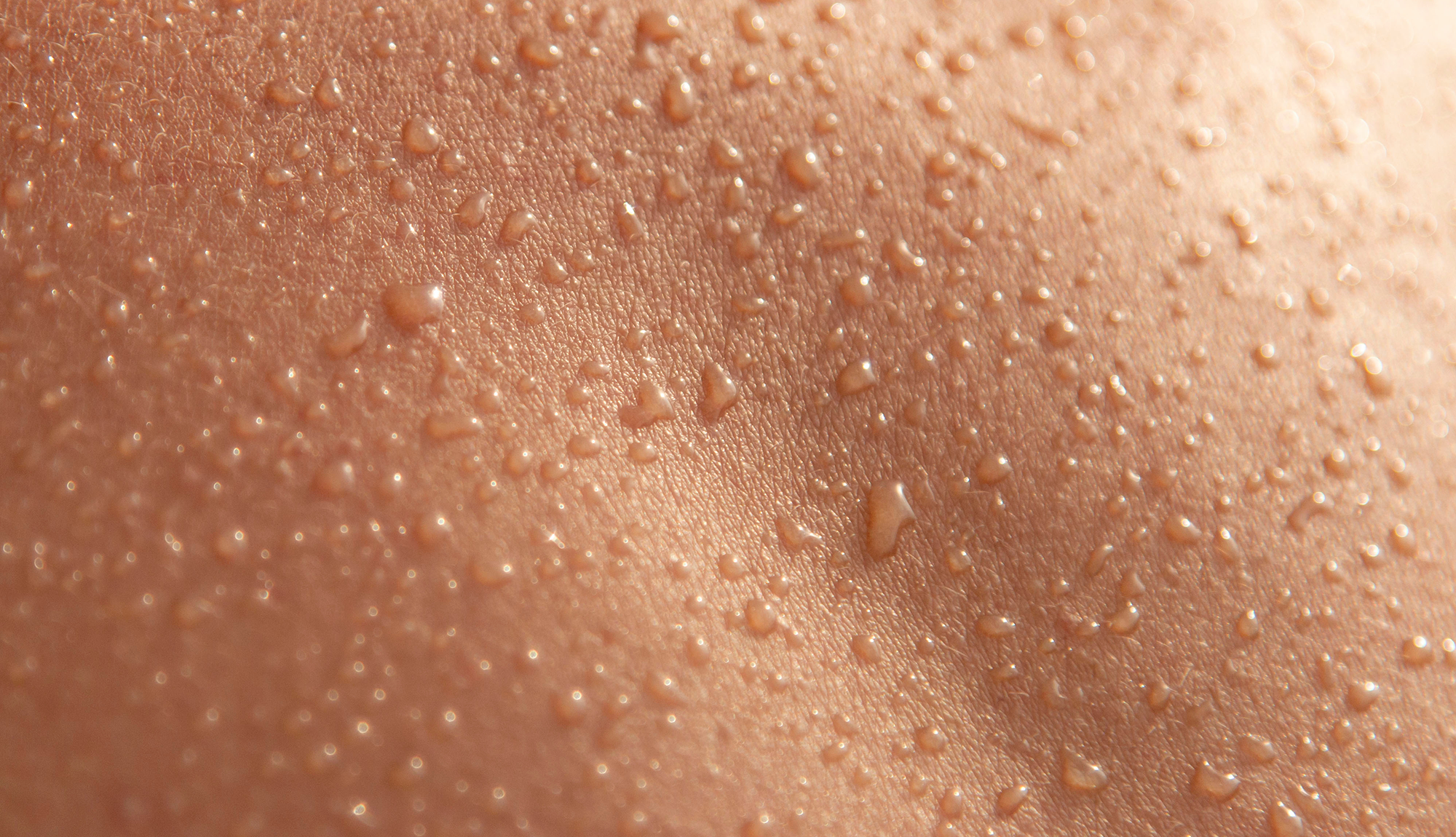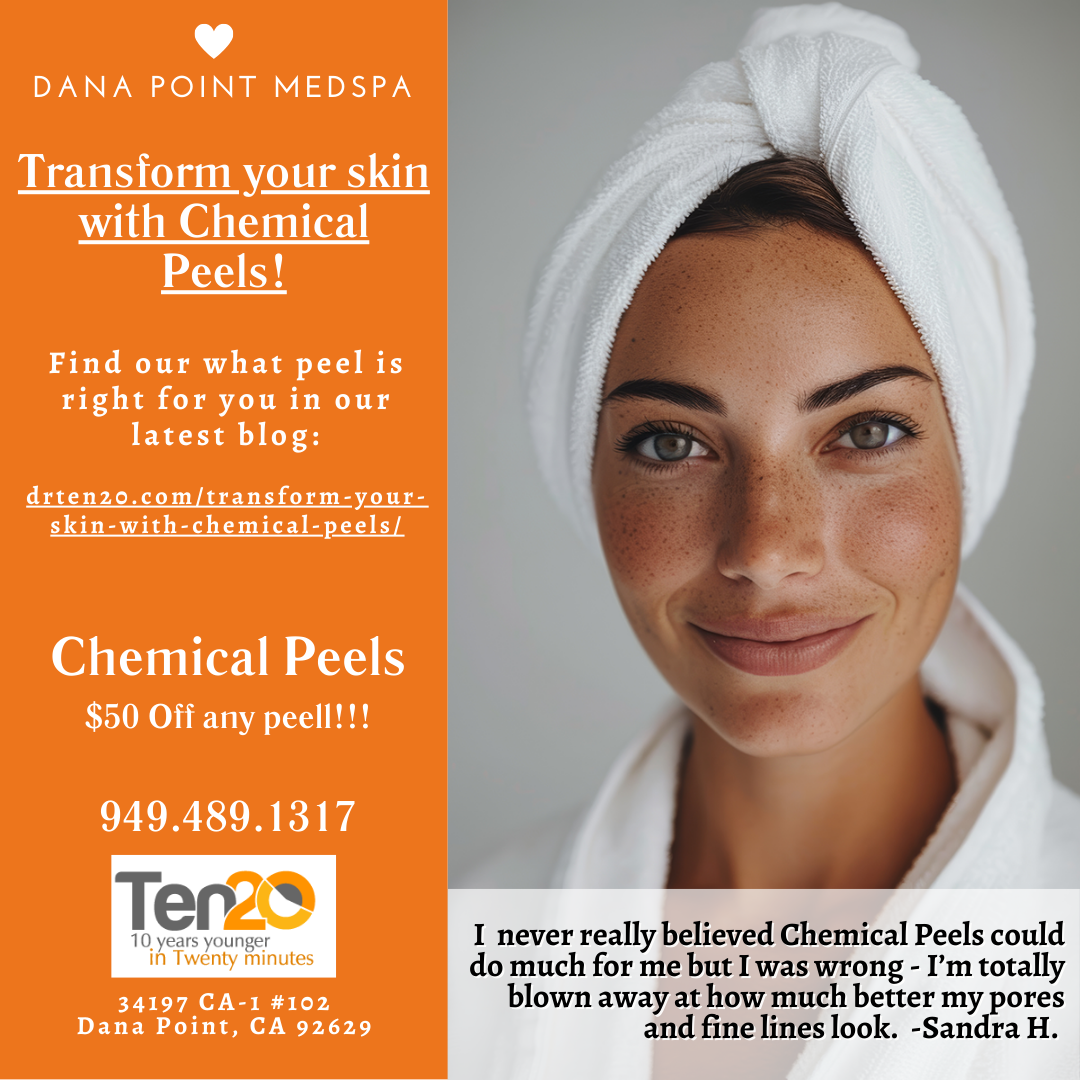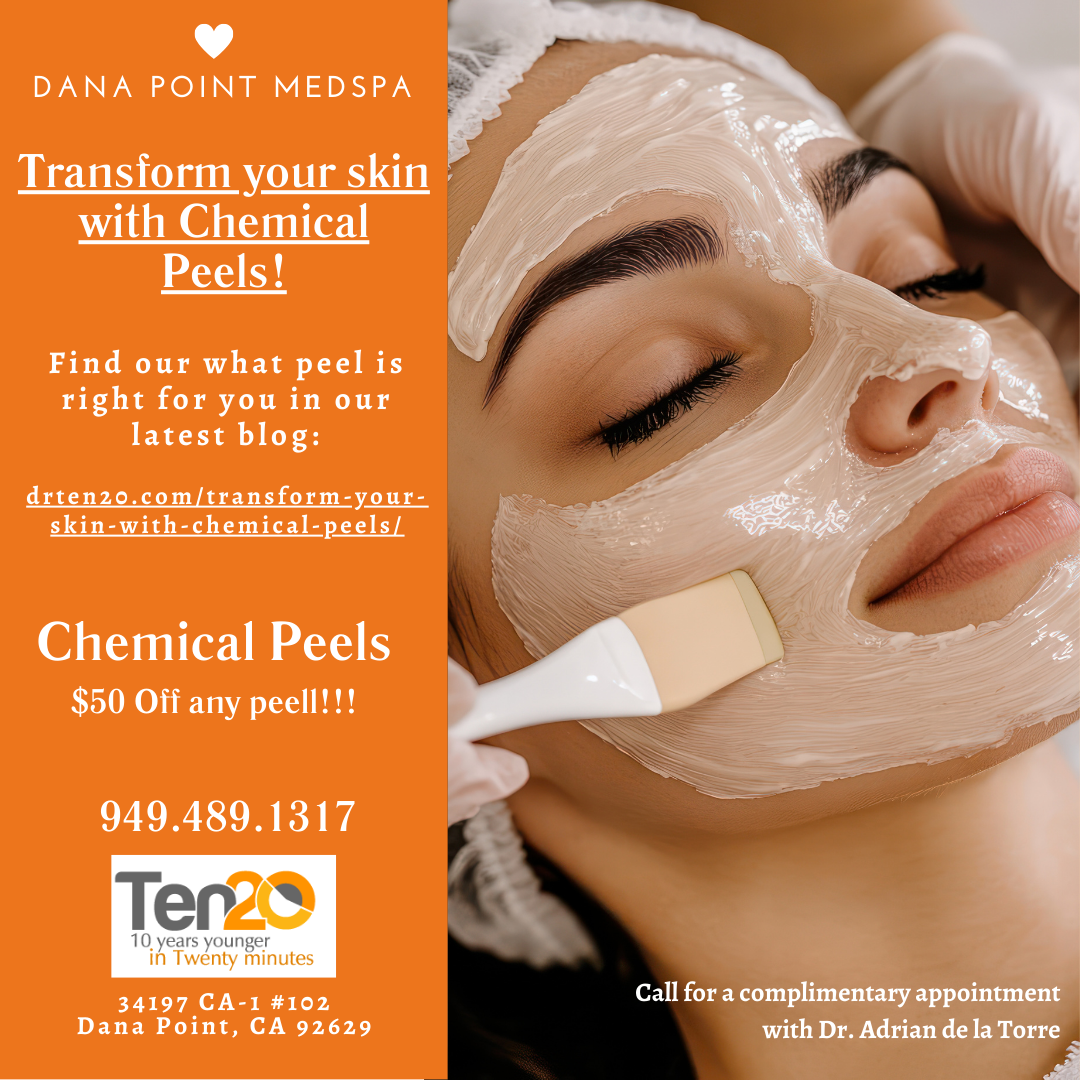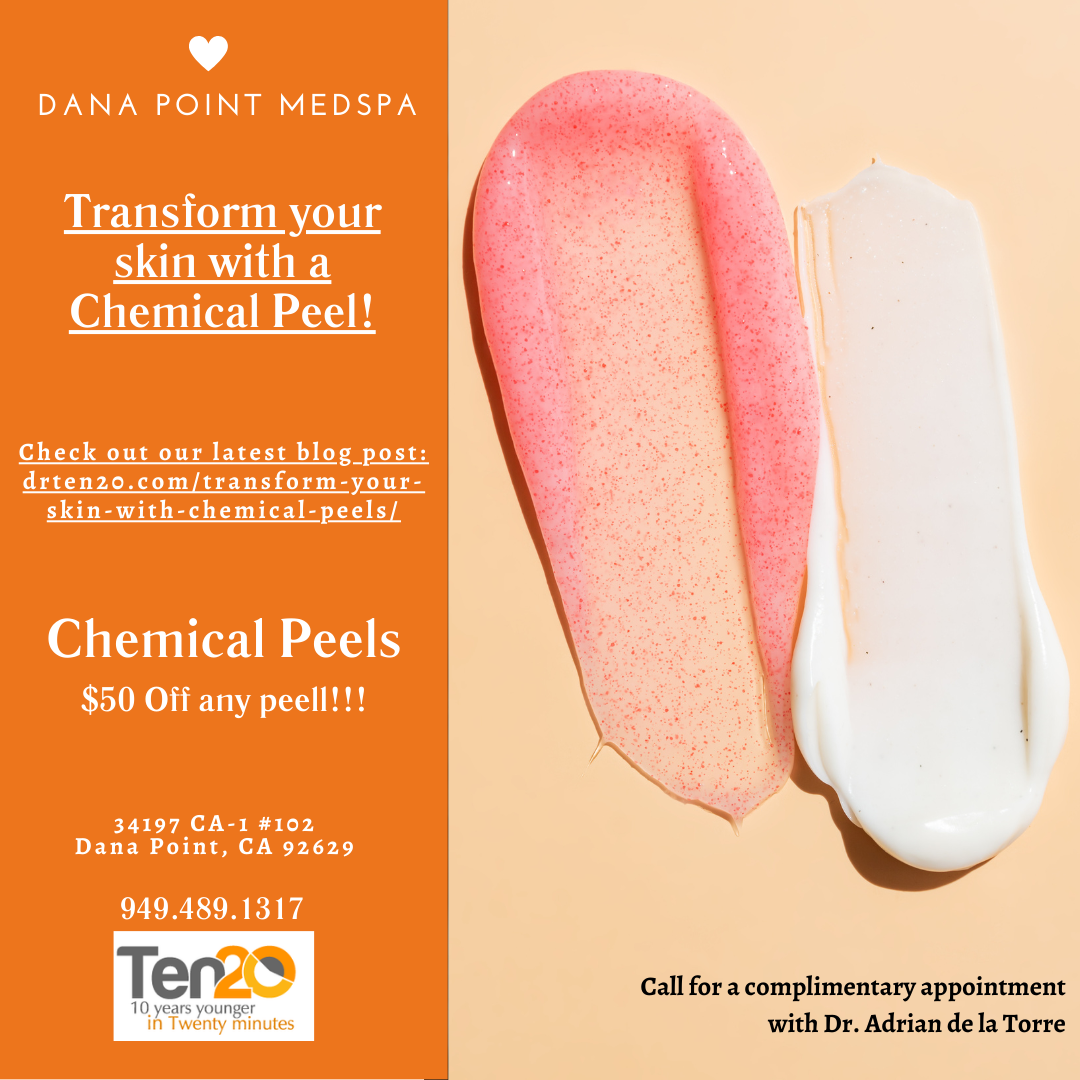Discover the Perfect Chemical Peel for Your Skin
What can the Right Chemical Peel do for YOU?
Explore the rejuvenating power of chemical peels tailored to enhance your skin’s natural beauty. Our expert treatments offer a radiant, youthful glow.
Chemical peels can offer a range of benefits for your facial skin, depending on the type and strength of the peel. Here are some of the key benefits:
→Exfoliation and Smoother Skin: Chemical peels help remove dead skin cells from the outer layer of the skin, leaving your skin feeling smoother and softer.
→Improved Skin Tone and Texture: Peels can help reduce the appearance of uneven skin tone, hyperpigmentation, sun damage, and rough patches, giving you a more even complexion.
→Reduction of Fine Lines and Wrinkles: By stimulating collagen production, chemical peels can help reduce the appearance of fine lines and wrinkles over time, particularly around the eyes and mouth.
→Acne Treatment: Certain chemical peels (like salicylic acid peels) are effective for reducing acne and improving the appearance of acne scars by unclogging pores and reducing oil production.
→Reduced Pore Size: Regular chemical peels can help minimize the appearance of large pores, making your skin look smoother.
→Brighter, More Youthful Skin: As the dead skin cells are removed, fresh, new skin cells surface, giving your skin a brighter, more youthful glow.
→Scar Reduction: Deeper chemical peels can improve the appearance of scars, including acne scars, by resurfacing the skin.
Different types of peels—light, medium, and deep—target different skin concerns, so it’s important to consult with a skincare professional to determine the best type for your skin goals.
Benefits of Chemical Peels
Exfoliation and Renewal
Experience deep exfoliation that removes dead skin cells, revealing a fresh, renewed complexion.
Improved Skin Texture
Smooth out rough patches and uneven skin tone for a more refined texture.
Reduction of Fine Lines
Minimize the appearance of fine lines and wrinkles for a youthful look.
What type of Chemical Peel is best for me?
The best type of chemical peel for you depends on your skin type, concerns, and the results you want to achieve. Here’s a breakdown of the three main types of chemical peels:
1. Light (Superficial) Peels
Best for: Mild skin imperfections, minor discoloration, fine lines, and acne.
- Active ingredients: Glycolic acid, salicylic acid, lactic acid.
- Purpose: This peel targets the outermost layer of the skin (epidermis) to exfoliate, brighten, and smooth the surface. It’s a good option if you want subtle improvements with minimal downtime.
- Downtime: None to minimal; usually some light flaking.
- Who should get it: Ideal for first-time peel users, those with sensitive skin, or people looking to improve minor skin issues.
2. Medium Peels
Best for: Moderate skin imperfections, wrinkles, acne scars, and uneven skin tone.
- Active ingredients: Trichloroacetic acid (TCA), Jessner’s solution (a combination of lactic acid, salicylic acid, and resorcinol).
- Purpose: This peel penetrates deeper into the skin’s middle layers to target more significant concerns, like deeper wrinkles and pigmentation issues.
- Downtime: About 5-7 days of peeling and redness.
- Who should get it: People with more noticeable skin concerns, like deeper acne scars or moderate sun damage, who can handle some downtime.
3. Deep Peels
Best for: Severe sun damage, deep wrinkles, or significant scars.
- Active ingredients: Phenol, high concentrations of TCA.
- Purpose: A deep peel penetrates the lower layers of the skin and offers dramatic results but requires a longer recovery time.
- Downtime: 2-3 weeks of intense peeling and redness, followed by additional time for full healing.
- Who should get it: Individuals with severe skin concerns who are seeking more dramatic, long-term results and are prepared for significant downtime.
Things to Consider:
- Skin Type: If you have sensitive or dry skin, a light peel is usually a safer option. For oily or acne-prone skin, salicylic acid peels can help.
- Goals: If you’re targeting mild issues like dullness, a light peel is enough. For more substantial issues like deep acne scars, you may want to consider a medium or deep peel.
- Downtime: If you have a busy schedule and can’t afford much downtime, opt for a light peel.
If you’re unsure, consulting with a Medical Doctor with extensive experience with Chemical Peels like Dr. de la Torre at DrTen20 can help determine the best peel for your skin type and concerns. Would you like more details on any of these peel types? If so feel free to make a free appointment with Dr. de la Torre so you can find out what a Chemical Peel can do for you – call 949.489.1317
Latest Insights on Beauty
Top Anti-aging Tips for Women over 50
As women age, maintaining a healthy lifestyle and skincare routine becomes increasingly important for combating signs of aging. Here are some top anti-aging tricks for women over 50: Stay Hydrated: Hydration is crucial for maintaining plump, youthful-looking skin....
Top Medical Spa Trends to Watch in 2024
The medical spa industry has been evolving rapidly, and 2024 is poised to see some groundbreaking trends. These trends reflect advancements in technology, changing consumer preferences, and a growing emphasis on holistic and personalized care. Let’s dive into the top...
Stem Cell Therapy: A Revolutionary Approach to Treating Hair Loss in 2024
In recent years, stem cell therapy has emerged as a groundbreaking treatment for various medical conditions, including hair loss. This innovative approach offers new hope to millions suffering from alopecia and other forms of baldness. This article delves into the...
A Glimpse into the Future: 2024 Medical Spa Trends
The world of medical spas, often referred to as medspas, has seen remarkable growth and evolution in recent years. These facilities offer a unique blend of medical treatments and spa-like experiences, catering to clients seeking both cosmetic enhancements and...
Beyond Wrinkles: Exploring New Uses for Botox
Botox, short for botulinum toxin, has long been associated with its remarkable ability to reduce wrinkles and fine lines, providing a more youthful appearance to those who seek it. However, recent advancements in medical research and technology have unveiled a range...
Top Strategies for Longevity for Baby Boomers
As the baby boomer generation (those born between 1946 and 1964) advances in age, there's an increasing interest in understanding how to maximize not just life expectancy, but also the quality of those extra years. Longevity isn't just about living longer; it's about...
Common Questions About Chemical Peels
What are the benefits of chemical peels for my skin?
Chemical peels can rejuvenate your skin by removing dead cells, reducing fine lines, and improving overall texture and tone.
Are chemical peels suitable for sensitive skin?
Yes, there are gentle peels designed specifically for sensitive skin types. A consultation can help determine the best option for you.
How often should I get a chemical peel?
The frequency of chemical peels depends on your skin type and the type of peel. Generally, lighter peels can be done monthly, while deeper peels may be recommended less frequently.
What should I expect during recovery from a chemical peel?
Recovery time varies, but you may experience some redness and peeling for a few days. Your skin care specialist will provide specific aftercare instructions.
Can chemical peels help with acne scars?
Yes, chemical peels can reduce the appearance of acne scars by promoting new skin growth and improving skin texture.
What Customers Say…
Transform Your Skin Today
Discover the perfect chemical peel for your skin. Book a personalized consultation with our expert team and start your journey to radiant skin.

